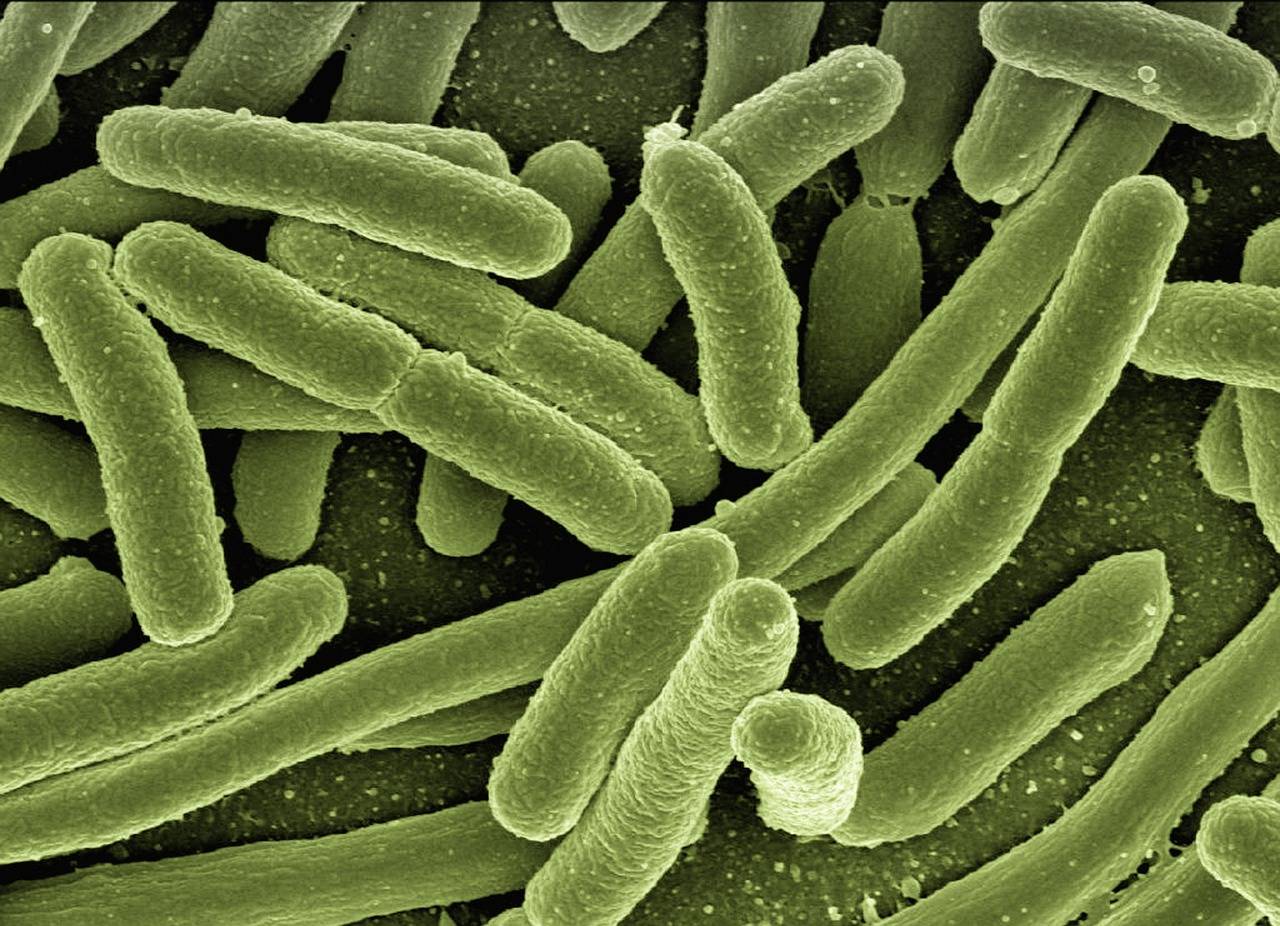6 Immune Boosting Tips For Children

Children are susceptible to various health hazards because their immunity is underdeveloped. It puts them at a higher risk of contracting diseases. As parents, it is your responsibility to help them build their immunity so they can stay strong and healthy. That will also help them recover more quickly from diseases.
However, never ignore the need to take your infant to a clinic or hospital for treatment. Immunization schedules are necessary, too. They form the fundamental protection your child needs from diseases.
The phase of development of a one-year-old baby is very crucial. Thus, here are some tips on how you can boost immunity in children.
1. Observe a Healthy Diet

The body uses the nutrients from the food we eat to function well. It needs them to develop and grow. A healthy diet will help your child’s body to get enough energy, blood, and minerals. These are essential in boosting immunity. For instance, iron helps with the production of red blood cells responsible for transporting oxygen to different parts of the body.
Include in their meals plenty of fruits and vegetables. They are sources of vitamins, helping the body to fight off infections. Go for dark green and orange vegetables, such as broccoli and carrots, as they are rich in beta-carotene.
Also, give them whole grains, such as oats and barley. They contain selenium, a mineral that strengthens the immune system. Ask your doctor about supplements if your child is not getting enough nutrients from their diet.
2. Induce Probiotics in Their Diet
Probiotics are live bacteria and yeasts good for the gut. They promote a healthy digestive system, which is essential in boosting immunity. Also, a large part of the immune system, about 70%, is in the gut. That is why it is necessary to keep the stomach healthy.
Probiotics are present in yogurt, fermented milk, and some types of cheese. You can also buy probiotics for children in supplements. They are essential for people with lactose intolerance and those who do not eat yogurt or cheese. Check the labels to ensure they contain live and active cultures.
For suckling children, a mother’s milk is the best. It contains everything they need for development. Also, they get antibodies from their mother’s milk, which helps them fight diseases. Breastfeeding for as long as possible is recommended.
3. Keep Them Hydrated

Water is essential for your body, even in children. It helps in the transportation of nutrients and oxygen to different parts of the body. It also aids in the removal of toxins. Water is necessary to regulate body temperature. It also lubricates the joints and eyes. Water is vital for saliva production, without which digestion will be difficult.
Ensure your children drink enough water. How much is enough depends on various factors, such as age, gender, exercise level, foods eaten, and climate. The best way to ensure they are drinking enough water is by letting them drink whenever they feel thirsty. Drinking slightly more is beneficial to replenish the fluids lost through sweating and urination.
You can advise your children to use other drinks to promote hydration. Fruit juices, such as orange and grapefruit, are good options. Avoid sugary drinks, such as sodas and energy drinks. They can lead to obesity and other health problems.
4. Let Them Get Enough Exercise
Exercises help improve blood circulation. In turn, various body tissues and muscles receive oxygen and water faster. Also, the body gets to break down the foods eaten more quickly. Metabolism also improves, allowing the body to eliminate toxins more effectively.
Exercise also helps to reduce stress levels. It is a known immunosuppressant. That is why it is vital to let your children have time to play and exercise every day. It does not have to be a strenuous activity. A simple game of tag or hide and seek would suffice. Ensure they are sweating a little bit and their heartbeat is up.
5. Encourage Them to Get Enough Sleep

Sleep is necessary for the body to rest and recover from the day’s activities. Every system drops when you are tired, including immunity. Sleep is a recovery phase for the body to heal and repair itself. It also helps produce cytokines, which are proteins that fight infection and inflammation.
The amount of sleep the body needs changes as we age. Newborns, for instance, need about 16 hours of sleep a day. That is why they often sleep through the night and during the day. School-age children need at least 10 hours of sleep. Teenagers, on the other hand, need about 9 hours of sleep.
Encourage your kids to get enough sleep. Facilitate their sleep by making their bedrooms conducive to sleeping. Ensure the temperature is convenient and the room is dark. Let them have a bedtime routine, such as reading or bathing, to signal to the body that it is time to sleep.
6. Make Hand Washing a Habit
Immunity and health, in general, start with cleanliness. One of the best ways to reduce the chances of infection is by washing hands regularly. Your children must wash their hands often. Before eating, after going to the bathroom, and when they come home from playing outside are some of the times when they should wash their hands.
Handwashing best practices include using soap and water and scrubbing the hands for at least 20 seconds. It is ideal to use an alcohol-based hand sanitizer when soap is unavailable. Teach your children the importance of handwashing. Make it a habit at home. You can even turn it into a game to make it more fun for them.
Summing Up
Healthy children are happy and more likely to do well in school. As a parent, take the responsibility to foster their health and well-being. These tips will help boost their immunity and keep them safe from infections. However, it does not mean you can ignore their vaccination schedule. It is still the most effective way to protect children from diseases. Consult with your pediatrician. Also, take them for regular checkups to ensure they grow and develop well.


